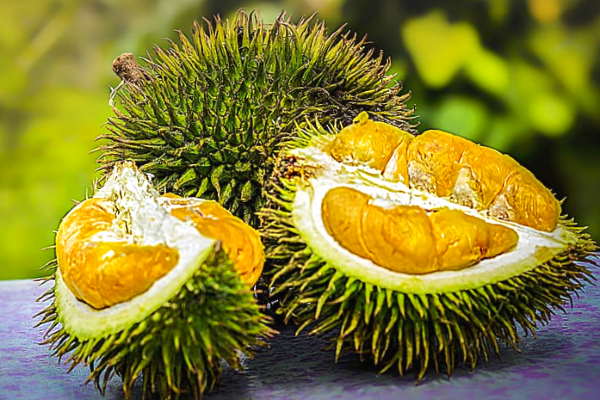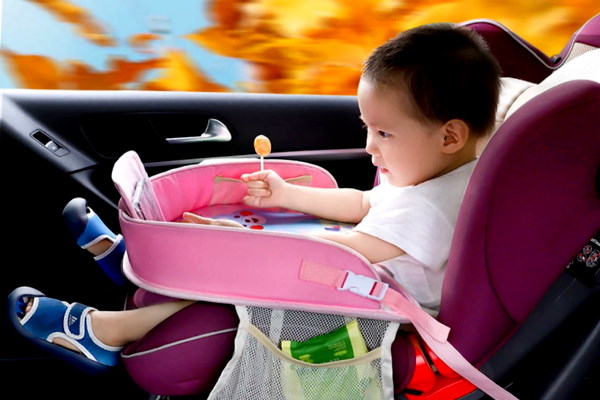
Can Babies Eat Zinc?
Zinc is a chemical element and an essential mineral for humans. It is the second most abundant trace metal in the human body, appearing especially in the brain, bones, muscles, kidney, prostate, eyes and liver.
There are many ways to introduce zinc into your body: through food or through dietary supplements. The most common foods that are high in zinc are: meat, shellfish, chickpeas, lentils, beans, potatoes, seeds, nuts, dairy, eggs, whole grain and dark chocolate. Most vitamin and mineral supplements contain zinc in the form of zinc oxide, zinc acetate or zinc gluconat, from which the zinc gluconate is the one to be absorbed better by our organism.
Benefits Of Zinc
Zinc is good for treating diarrhea. It is used for treating common cold, reducing the severity and the duration of cold symptoms, by suppressing the nasal inflammation. Another beneficial effect is the weight gain in anorexia, zinc doubles the rate of body mass increase. Zinc oxide used directly on the skin can protect against sunburn, windburn and diaper rash. Zinc is widely used in toothpastes and mouthwashes, being known for its characteristic of preventing bad breath, but also in shampoos for preventing dandruff.
Is It Harmful To Take Zinc?
Overdose of zinc or excess use of it can cause serious problems: lethargy, copper deficiency, loss of smell, fever, coughing, fatigue, stomach pain, major depressive disorder, doubles the risk of developing prostate cancer and can be responsible for growth retardation. Children between the ages of 1 and 3 years old should have an intake of 3mg of zinc per day, whereas children aged between 4 and 8 years old should not exceed 5mg per day. Children under 18 should take supplement of zinc only if their doctor prescribes it. Intranasal zinc can cause loss of the sense of smell, so try to avoid this method of supplementing zinc. Fever, coughing, stomach aches, all signal excess of zinc in the organism.
FAQ
What is zinc?
Zinc is an essential mineral for humans.
How healthy is zinc?
Zinc can help with many diseases, but is can also be the cause of many of them, if the daily dosage is exceeded, especially in the case of babies. Zinc helps with diarrhea, common cold, and growth.
When can you start giving zinc to your baby?
You should not give zinc supplements to your baby, unless the pediatrician prescribes them. Zinc can be introduced throughout meat, lentils, beans and potatoes into your baby’s diet, as soon as he starts eating solid food.
The risks of giving zinc to your baby?
If too much zinc gets into your baby’s organism, it can cause fever, stomach pains, coughing and can have even more severe consequences.



